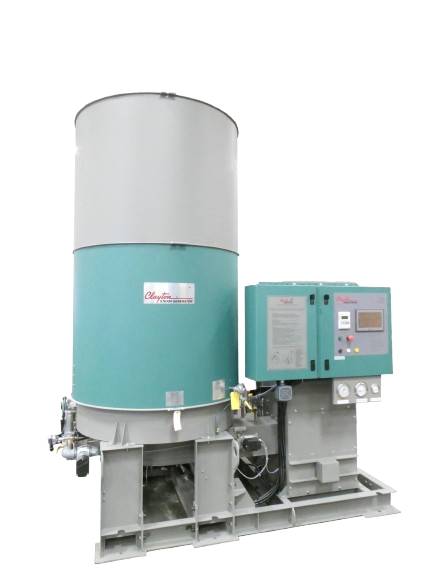Modern heating operations depend heavily on reliability, yet consistency cannot exist without strong defensive systems. An Industrial boiler company must guarantee strict compliance since these heating units operate under pressurized steam. Safety devices serve as the backbone against risks, reducing failures while protecting both performance and people. Operators rely on them consistently, as even minor faults can escalate into dangerous occurrences. Understanding these devices provides anyone working closely with pressurized systems a practical guide, covering both protective elements and efficiency enhancers. Monitoring instruments, relief systems, and shut-off mechanisms deliver assurance while making operations sustainable.
Water Level Indicator
Boilers require a consistent water supply to resist overheating. This device displays water margins visibly to operators through calibrated markers. Operators monitor gauges steadily to prevent abnormalities and avert serious malfunction or inefficient output.
Monitoring tools overview
Several devices constantly track essential functions. They keep processes in balance.
- Pressure gauges measure safe operating thresholds, ensuring reliability and stable system endurance across cycles.
- Alarm systems deliver alerts, notifying operators when irregular readings appear inside control panels or pipelines.
- Flame scanners check ignition cycles, confirming burners operate safely whenever fuel supply ignites or weakens suddenly.
- Feedwater regulators manage flow steadily, balancing heating performance with required output targets during extended operation.

Automatic Shut-off System
When emergencies strike suddenly, controls must stop operations quickly. Automatic shut-offs end fuel supply instantly once defective readings appear, halting reactions before escalation occurs. These strictly programmed safeguards halt fire-related accidents before uncontrolled damage emerges.
Safety Interlock
Interlocked controls link interdependent circuits, ensuring equipment halts whenever companion systems report unsafe performance. This cooperative system builds layer upon layer of protection, combining core stability with responsive efficiency across essential machinery.
Maintenance protocols
Protocols prevent breakdown. Programs create order.
- Scheduled servicing minimizes risk, detecting hidden faults before disruption spreads throughout the system.
- Documentation tracks repairs, keeping records reliable and supporting operational audits across evaluated timeframes.
- Cleaning vessels reduces deposits, preventing scale formation, which undermines thermal transfer and proper function.
- Replacing seals keeps pressure contained, maintaining security and extending operational durability efficiently.
Each device highlighted here strikes a balance between safety and reliability when applied consistently. Hazards diminish where systematic inspections reinforce mechanical functionality, while proper training builds operator vigilance. Responsibility lies with every operator engaged daily with this technology, yet dedicated service also flows through specialists managing upkeep. Records and protocols eliminate unnecessary loss while greatly extending machine dependability. An Industrial boiler company can deliver sustained safety assurance when implementing preventive training systems combining modernized devices with dedicated educational workshops.



